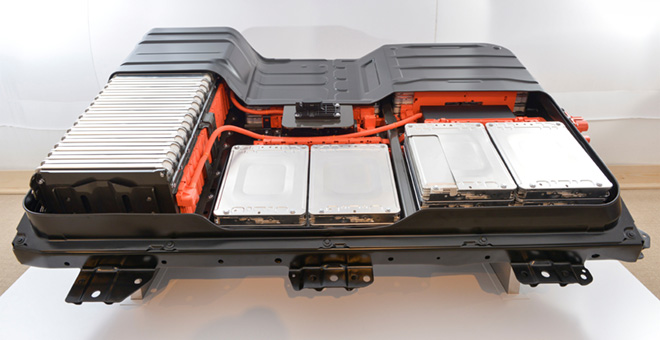If you buy an EV this year, chances are next year’s model will offer a slightly better battery for the same price. As a result, resale values for most EVs are terrible (or wonderful, if you’re looking to buy a used car). Three-year-old Nissan LEAFs are going for around a quarter of their original MSRPs.
Wouldn’t it be great if automakers offered an option to swap out your ancient three-year-old battery for a new, state-of-the-art one? Maybe, but as Nikki Gordon-Bloomfield of Transport Evolved explains, most of them don’t, and they probably never will, for several good reasons.
For one thing, a battery pack interacts with other components in complex ways, so you can’t just slap in a new pack without making other changes to the vehicle. When Nissan developed its“lizard†battery pack, which is better able to handle extreme heat, it had to engineer a special fitting kit to enable the retrofit – and that was just a minor upgrade.
The Tesla Roadster 3.0 package does allow owners to trade up to a more energy-dense battery pack, but Tesla had to reengineer the entire car to make it work. Installing the upgrade means replacing various power electronics components as well as the pack itself. All this is expected to cost around $29,000, so much that Gordon-Bloomfield expects only a small proportion of Tesla owners to go for it.
While it may be relatively cheap for a company to develop an improved battery chemistry for a new pack, making that pack backward-compatible would increase costs significantly – a cost that would have to be passed on to every buyer.
All cars, not just EVs, benefit from incremental improvements and changes over time, and it would cost the Earth to ensure that retrofit upgrades work with every variation ever made. As cars become more complex, it becomes ever harder for automakers to make one model year compatible with another.
Automakers rightly focus on improving future models, not keeping older ones alive. To look at it in a more cynical light, constant improvements keep customers coming back to buy new models every few years. What business would want to cripple that golden goose?
On the other hand, let’s not blame automakers for constantly trying to make better products. Requiring an automaker to offer battery pack upgrades for older models would require them to stick with the same basic design so that replacement parts could be made at a reasonable price. The result would be to stagnate battery pack design, stifling progress.
So, if you want a better battery, your best bet is to get your checkbook out, buy a brand-new EV, and sell the old one to some deserving underpaid journalist.
Source: ChargedEVs



